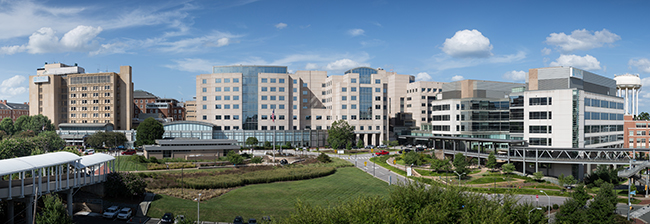
EIP Pharma announced on October 6 that a phase 2 study in patients with mild-to-moderate Lewy body dementia (LBD) demonstrated an improvement in cognition as assessed by the Neuropsychological Test Battery (NTB). In the double-blind placebo-controlled study, patients receiving neflamapimod three times daily demonstrated significant improvement on the NTB compared to those who received either placebo or neflamapimod twice daily. In addition, statistically significant improvements or trends were evident on multiple secondary goals.
“The data from the trial of neflamapimod in dementia with Lewy bodies are very encouraging,” said Jeffrey L. Cummings, MD, ScD, Joy Chambers-Grundy Professor of Brain Science and Director of the Chambers-Grundy Center for Transformative Science at the UNLV School of Integrated Health Sciences. “Not only was the prespecified primary outcome met for the three times daily dose arm but supportive trends were observed in several of the secondary outcomes, setting the stage for more extensive testing. There are no approved treatments for DLB, the second most common cause of neurodegenerative dementia, and there is an urgent need to find therapies for this and related disorders such as Alzheimer’s disease.”
As a Lewy Body Dementia Association (LBDA) Center of Excellence, UNC Neurology served as one of the phase 2 study sites. Dr. Daniel Kaufer and Dr. Gwenn Garden were principal investigators (PI) of the trial. UNC Neurology is expected to be included as a study site for the planned phase 3 clinical trial. Dr. Andrea Bozoki, Division Chief of Behavioral Neurology, will serve as the PI.
“The exciting results of the phase 2 AscenD-LB study showing benefit of the investigational drug neflamapimod for cognition in dementia with Lewy bodies will bring hope to patients and their caregivers,” said Stephen Gomperts, MD, PhD, Director, Lewy Body Dementia Unit and Assistant Professor of Neurology at Massachusetts General Hospital. “If these findings are confirmed in a phase 3 study, the potential impact for patients with dementia with Lewy bodies will be significant.”
Neflamapimod as a treatment for Lewy body dementia received Fast Track designation from the Division of Neurology Products at the U.S. Food and Drug Administration in November 2019.
About Lewy Body Dementia
Lewy body dementia (LBD) is a serious disease representing 15 to 20 percent of the dementia population, with an estimated up to 1.4 million affected individuals in the US. LBD is characterized by progressive dementia and fluctuating cognition (deficits in memory and attention), sleep disturbances, visual hallucination and parkinsonism (tremor and gait disturbances). Although it is a separate disease, it can be difficult to differentiate from the related dementias of Alzheimer’s disease (AD) and Parkinson’s disease. The prognosis for LBD is even more severe than that of AD with an average time from diagnosis to death of just four to seven years. There are no approved treatments for LBD.
